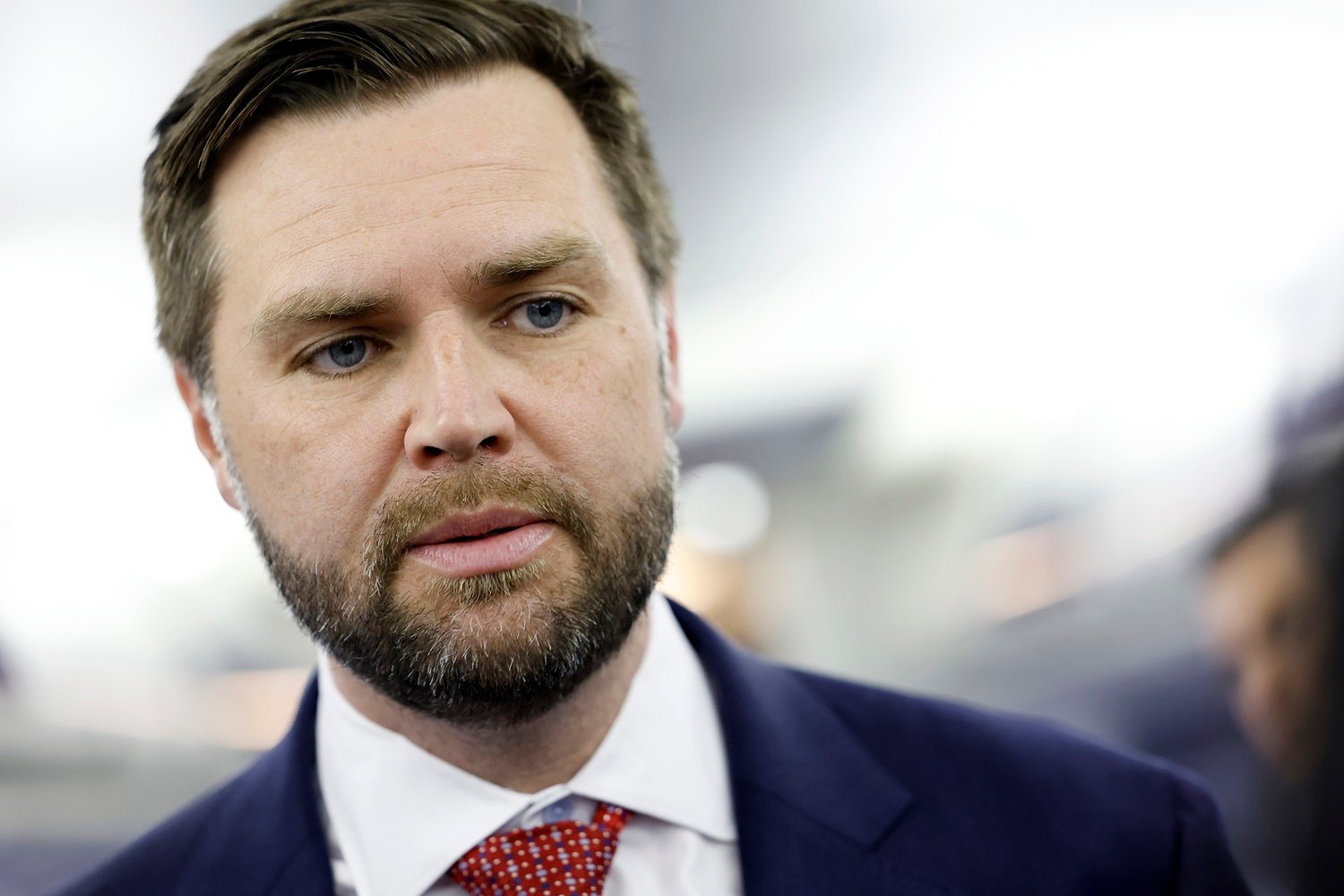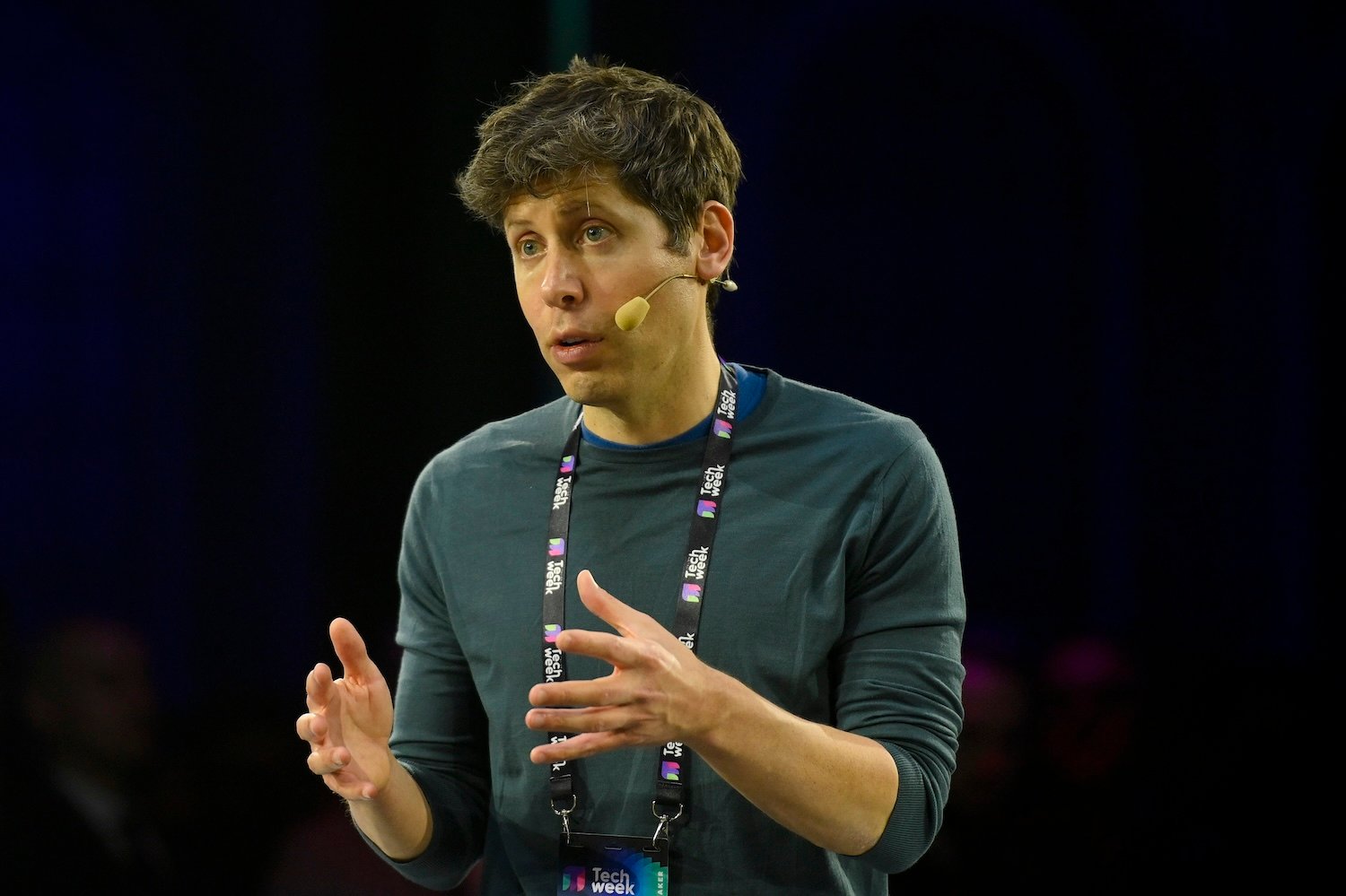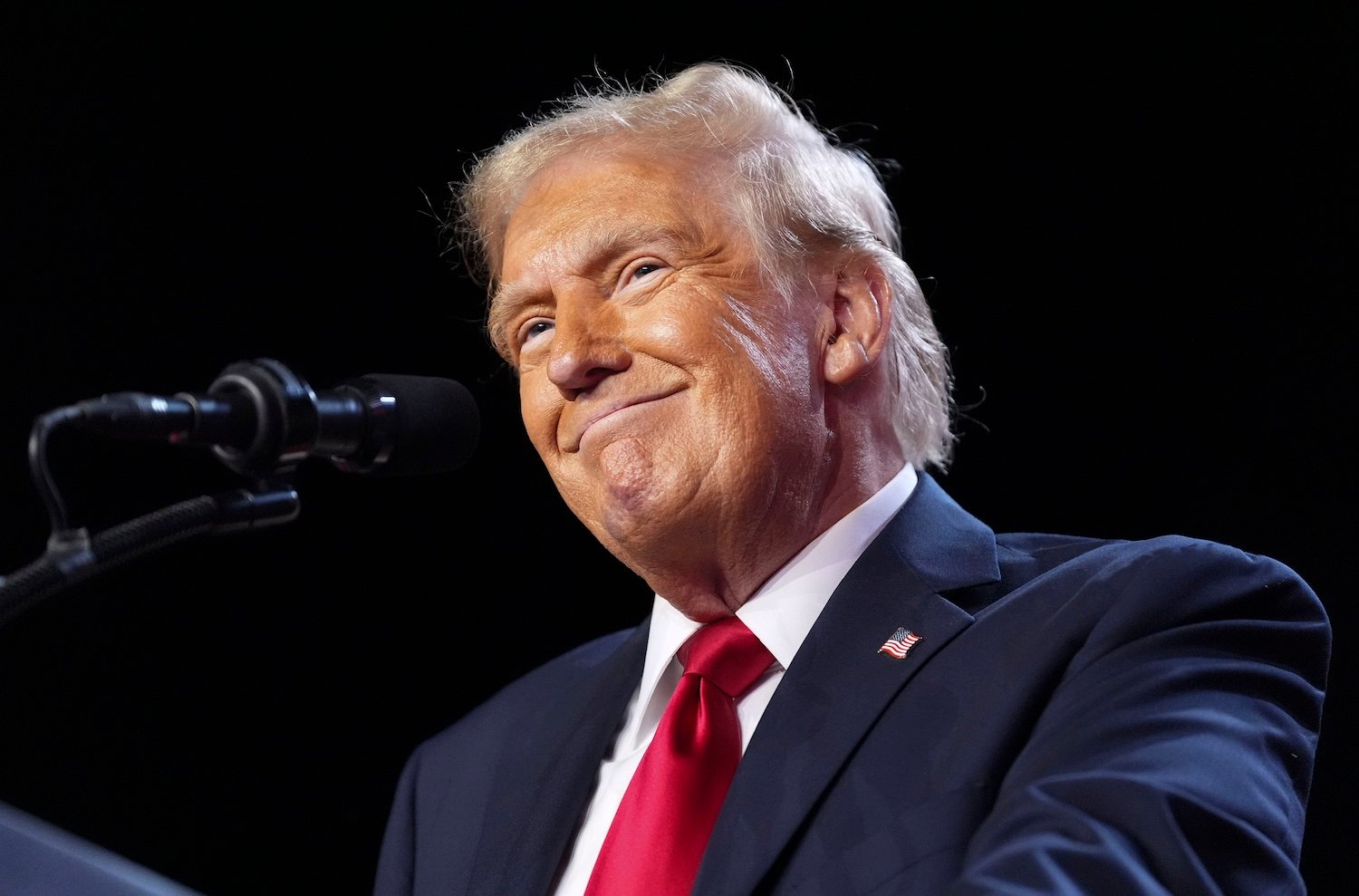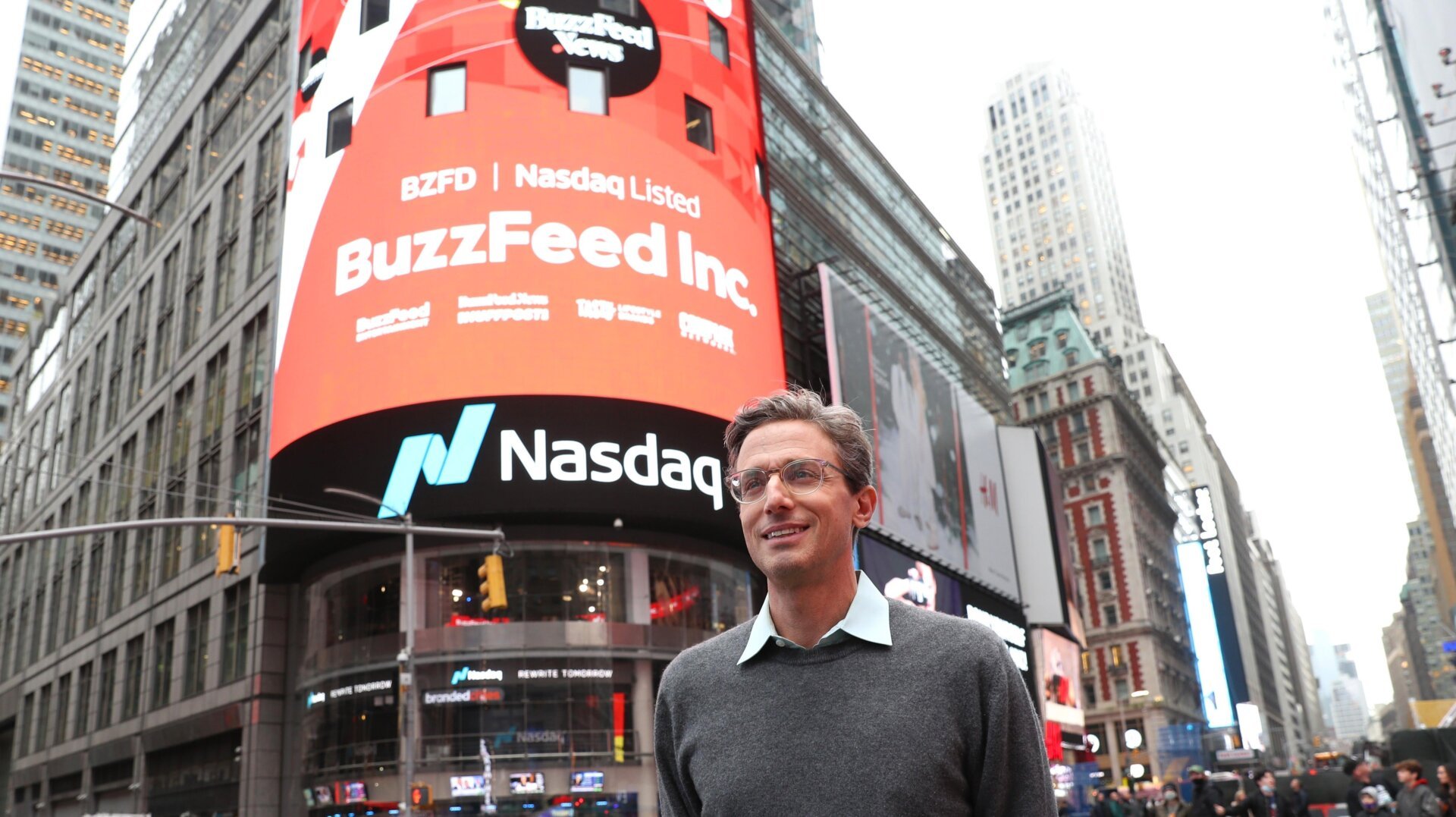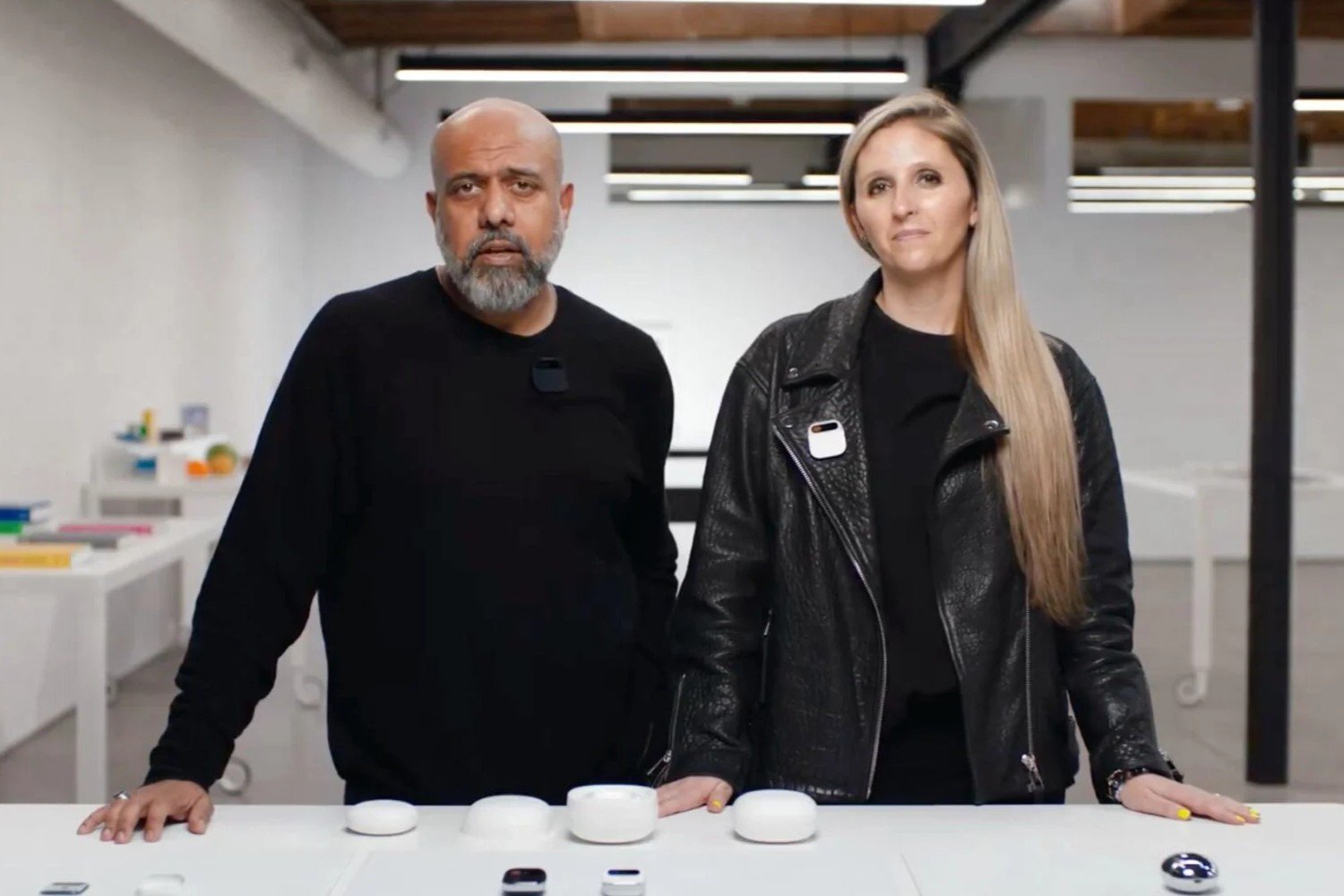The US has refused to sign a major international agreement on AI safety, echoing its previous rejection of the Paris Climate Accords. The declaration, a result of the Paris AI Action Summit, calls for inclusive, open, ethical, sustainable, and safe development of artificial intelligence. Over 70 governments and international bodies, including the European Union, China, and India, signed the agreement. The UK also declined to sign, offering no public explanation.
The US, however, was vocal about its dissent. Vice President JD Vance, in his first international address, dismissed the declaration—which lacks clear enforcement mechanisms—as “authoritarian censorship,” according to Reuters. He argued that “excessive regulation” could stifle the burgeoning AI industry. The Trump administration prioritizes rapid industry growth, seemingly unconcerned about potential risks.
Vance doubled down, insisting the US would not only reject the agreement but also dominate AI development, building the “most powerful AI systems” with American-designed and manufactured chips, as reported by the New York Times. While suggesting potential collaboration with other nations, he made it clear that such partnerships hinge on abandoning the “inclusive and sustainable” approach.
China’s participation in the agreement appears to be a sticking point for the US. Vance warned against “cheap tech” subsidized and exported by “authoritarian regimes,” arguing that such partnerships risk compromising national information infrastructure. While not explicitly naming DeepSeek, the Chinese AI firm known for its competitive open-source chatbot, the allusion was clear.
The international community expressed disappointment, though not surprise, at the US stance. The Trump administration’s approach seems to be influencing others. French President Emmanuel Macron, while signing the agreement, indicated France would streamline AI investment and development processes. Similarly, European Commission chief Ursula von der Leyen stated the EU would reduce bureaucracy and increase AI investments.
This echoes the current AI landscape, where speed-to-market, exemplified by ChatGPT’s rapid deployment, often overshadows safety and preparedness, as highlighted by the New York Times. The US rejection of the AI Action Summit agreement signals a prioritization of rapid advancement, regardless of potential consequences.



